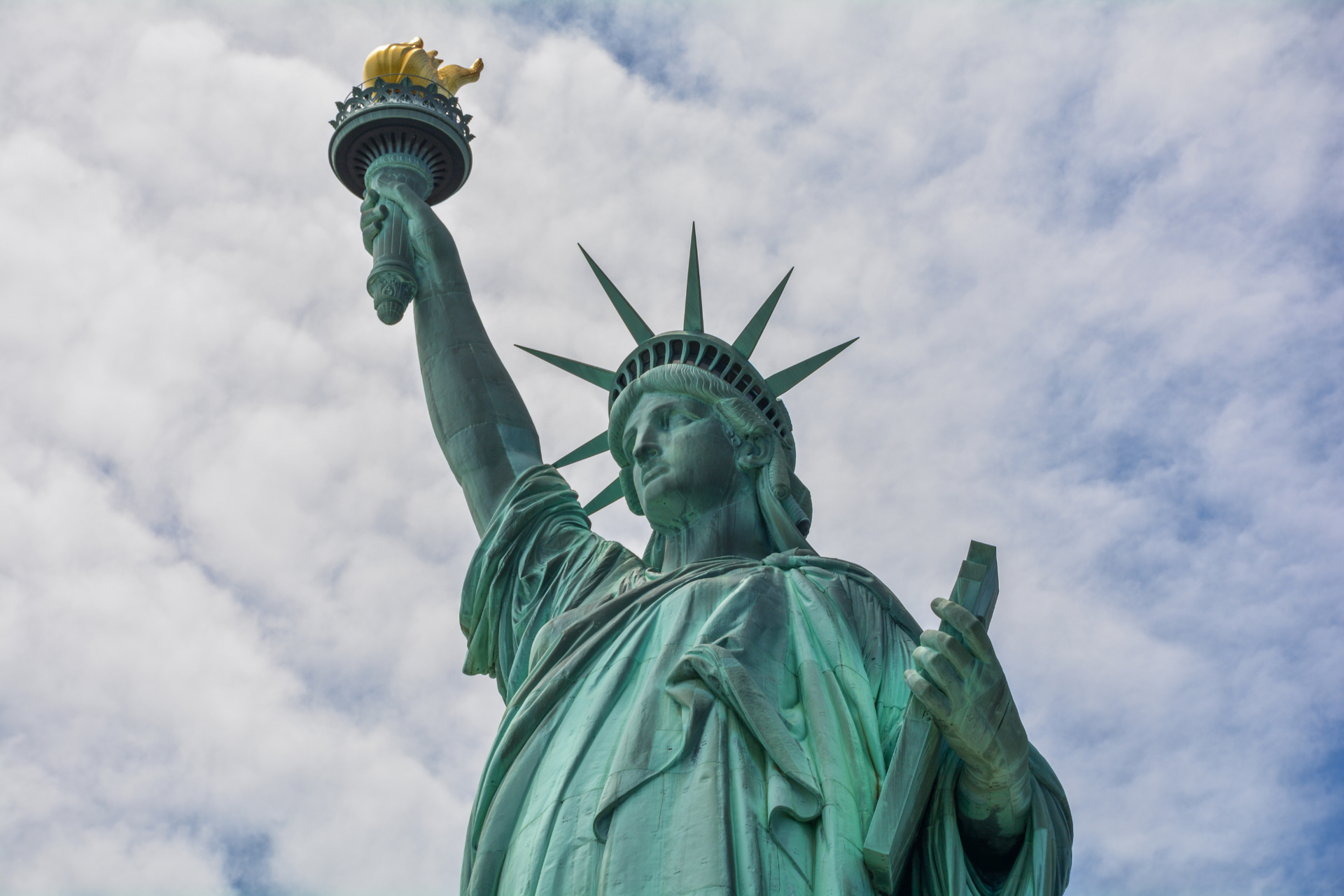Constitutional law scholar Christina Ponsa-Kraus of Columbia Law School questioned the merits of “self-determination” legislation when it was presented in Congress last year.
Her remarks remain relevant today as a new Congress has begun and the debate continues over Puerto Rico’s possible admission as a U.S. state.
The legislation in question proposed federal funding for a convention in which delegates would choose a self-determination option to end Puerto Rico’s status as a U.S. territory, which would later be subject to a vote. A U.S. congressional commission would have the authority to make findings and recommendations for the convention delegates on a host of topics, including Puerto Rican culture and language.
Ponsa-Kraus’s questioning over the appropriateness of Federal involvement to encourage a local status convention in Puerto Rico – in direct conflict with the territorial government’s decision to hold its own plebiscite – is even more poignant today as statehood won the local vote last November.
The bill is a trojan horse meant to trick progressives into supporting tax breaks for multimillionaires and big pharma. Here’s Puerto Rican Professor Christina Ponsa-Kraus of Columbia Law School, the leading authority on the constitutional relationship between PR and the US: pic.twitter.com/uI8y9RI81g
— Eliot (@EliotTricotti) October 9, 2020
Ponsa-Kraus acknowledged that “the bill uses very inspiring language,” but points out that Puerto Rico does not need permission from Congress to hold a constitutional convention.
“There’s a real question why a bill would be introduced after Puerto Rico’s elected representatives have already settled on a self-determination process involving a yes/no vote on statehood.”
Statehood won the vote
Ponsa-Kraus went on to say that the statehood yes/no vote should take place, and if Puerto Rico voters chose statehood, the U.S. territory should be admitted as a state.
In fact, statehood gained a majority in that vote (52.5%). Jenniffer Gonzalez-Colon, the representative of Puerto Rico in Congress, said of her colleagues’ bill, “They believe in independence, but that’s not what the people of Puerto Rico voted for. They need to respect the voters of the island, and the voters of the island selected statehood. Why try to take that away from them?”
The bill was officially rejected by the Democratic Party of Puerto Rico when it was introduced last Congress.
Updated



Pingback: Legal Scholar Responds to Puerto Rico “Self-Determination” Bill | My News Links - mynewslinks.com - Current News